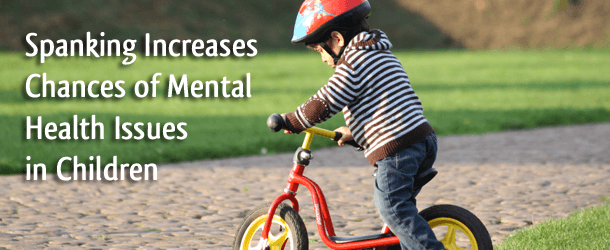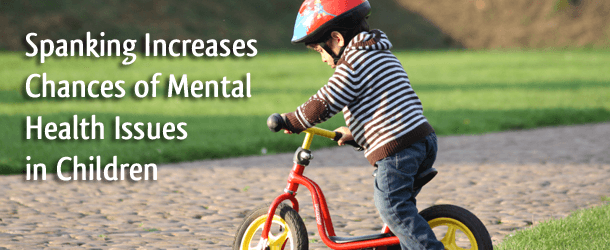
Spanking an unruly child is a common method of discipline, but more and more research is finding that childhood spanking can be a contributing factor to mental health issues and other problems.

Is Physical Discipline the Best Option?
Many parents do not think anything of spanking their children if they misbehave or step out of line. Even if parents are not crossing the line to abusing their children, researchers have repeatedly found that even mild physical discipline can lead to depression, anxiety and poor academic performance in children. As adults, people who were spanked as children have higher rates of suicidal thoughts, panic disorder, anxiety disorders and problems with drug and alcohol. Physical discipline is not limited to spanking or swatting with a hand or belt. It can include other actions, such as pushing, shoving, grabbing or slapping a child or young adult.
Often, parents are unaware of healthier and more effective alternatives to disciplining their children. Progressive logical consequences can be an excellent method of teaching children appropriate and acceptable behaviors and choices without resorting to physical punishment. Other options include positive reinforcement approaches to reward desired behaviors. Many parents benefit from parenting education classes that teach them various methods of discipline, along with child development awareness, family dynamics and child-parent dispute skills.
Raising a child may be one of the most difficult and challenging endeavors humans undertake. It can be tempting to spank a child when they misbehave, but there are better, healthier alternatives that can help a child become a well adjusted and functioning adult.
– The Alternative Daily

